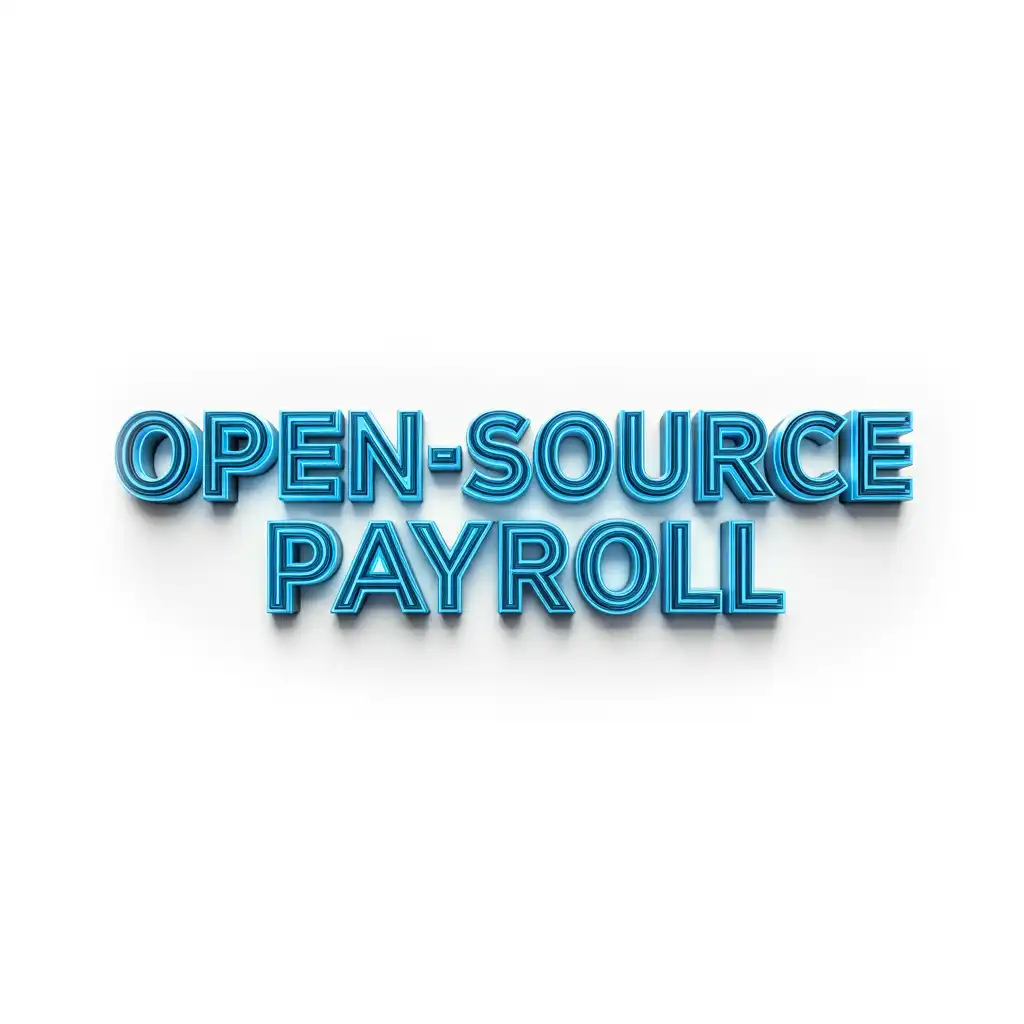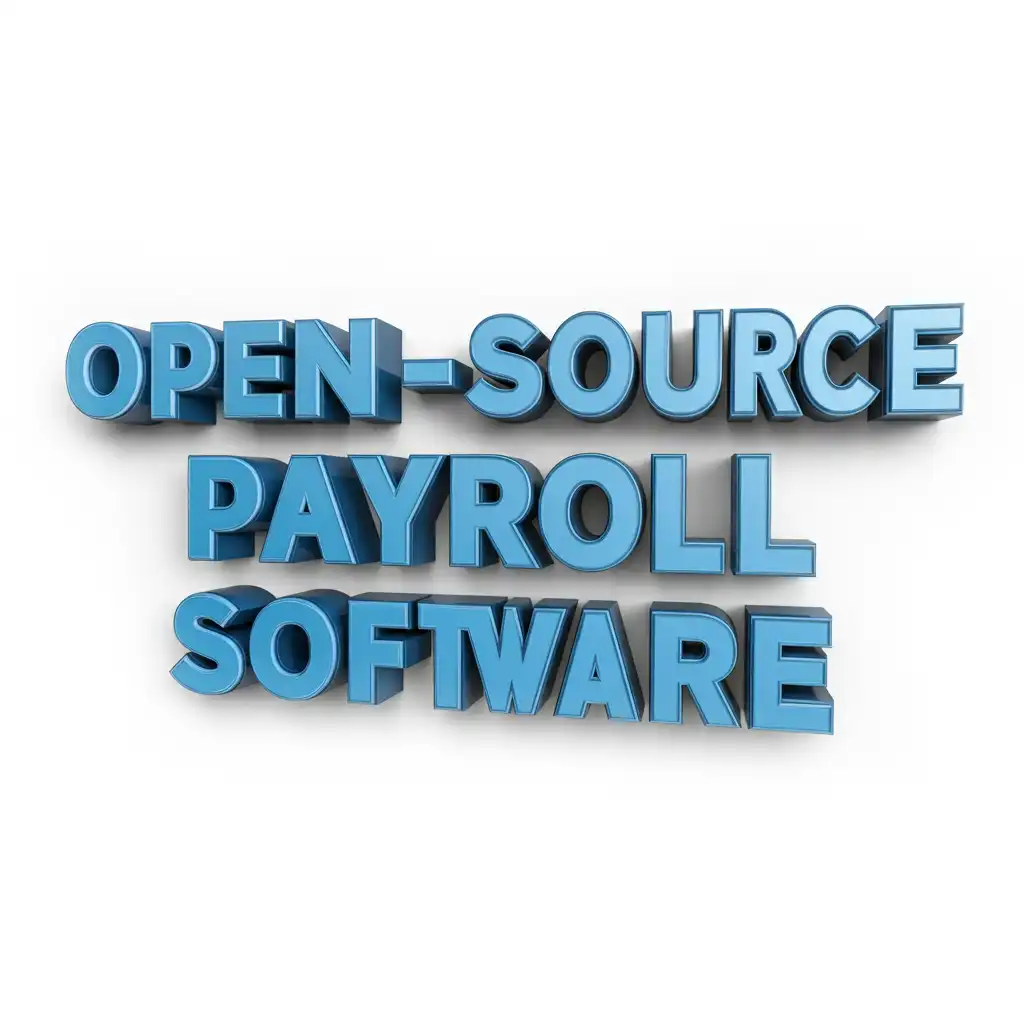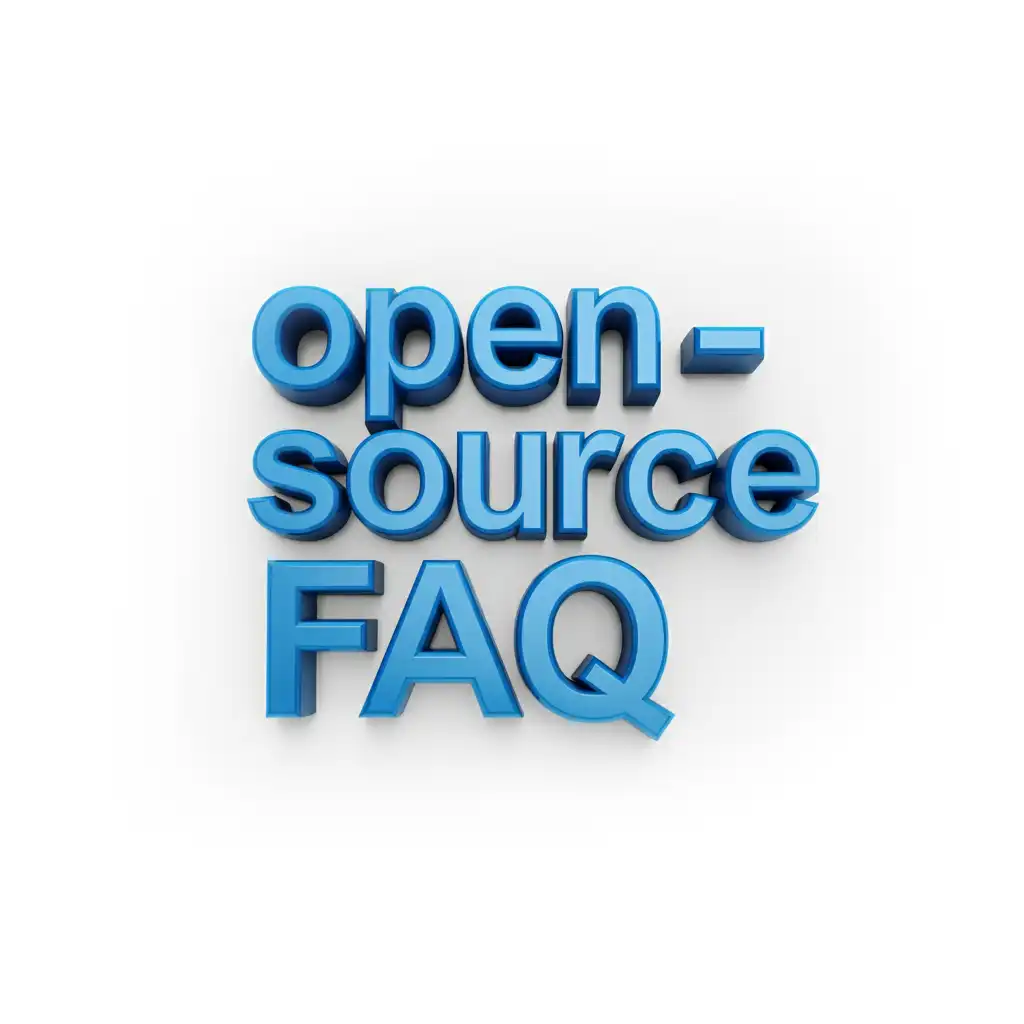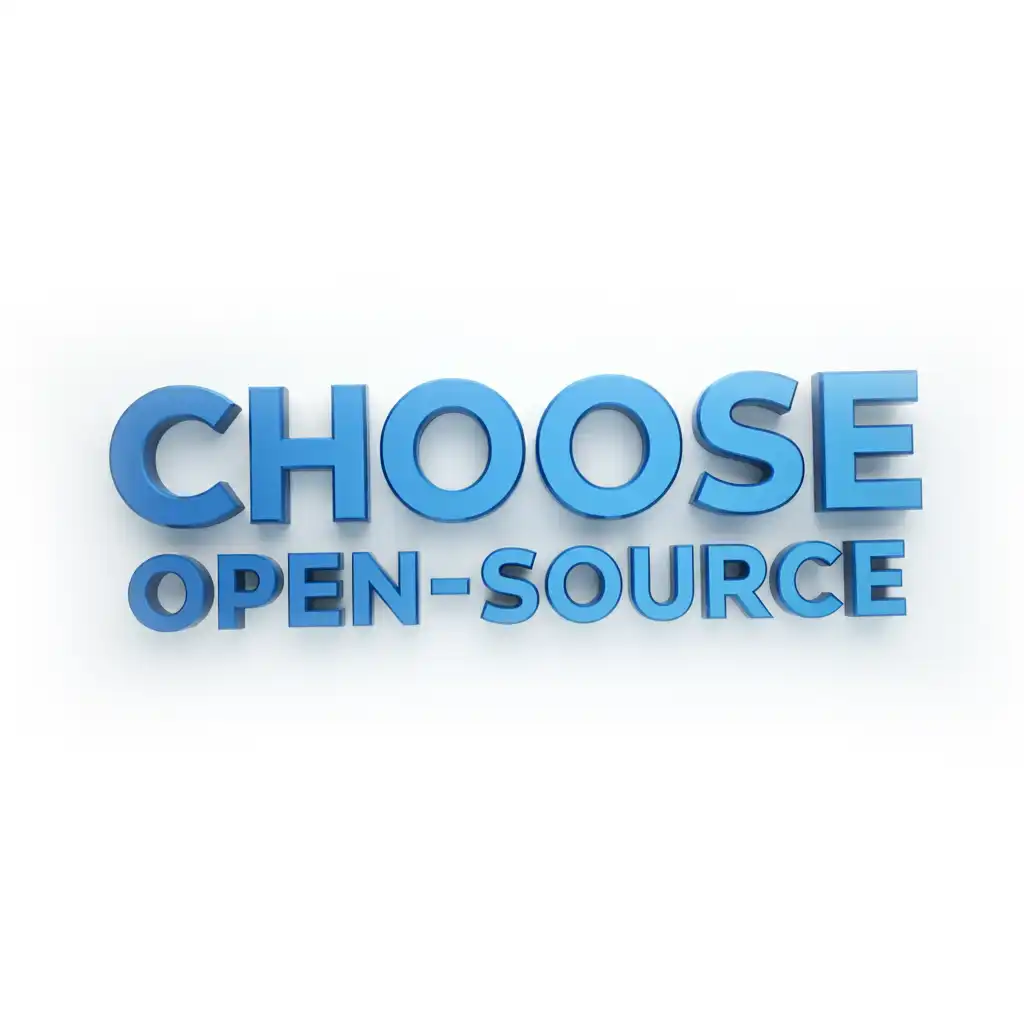Open-Source Payroll Software

What is Open-Source Payroll Software?
Open-source payroll software is a type of payroll management tool whose source code is freely available to users, developers, and organizations. This means anyone can view, modify, and distribute the software to suit their specific business needs. Unlike proprietary software, which comes with strict licensing and limited customizability, open-source solutions empower businesses to have full control over the software they use.
Key Features of Open-Source Payroll Software
Customizability
Open-source payroll software allows businesses to tailor the software’s functionality to meet their unique requirements. This could include integrating specific compliance rules, customizing tax calculations, or adding modules for time tracking or employee benefits.Transparency
Since the source code is open and accessible, businesses can audit the software to ensure its security, functionality, and compliance with industry standards. This level of transparency reduces the risk of hidden vulnerabilities or vendor lock-in.Cost-Effectiveness
Open-source payroll software is typically free to use, significantly reducing costs associated with licensing fees. While there may be expenses for implementation or customization, the overall cost remains much lower than proprietary solutions.
Why Businesses Choose Open-Source Solutions
Cost Benefits Over Proprietary Software
One of the main reasons businesses opt for open-source payroll software is to save on costs. Proprietary payroll solutions often come with expensive subscription models, licensing fees, and additional charges for premium features. Open-source software reduces these expenses, offering a cost-effective alternative for startups, small businesses, and enterprises alike.
Freedom and Flexibility
With open-source payroll tools, businesses aren’t tied to a single vendor. This freedom allows companies to adapt the software as their needs evolve, whether they’re expanding into new regions or accommodating changing payroll laws. Proprietary software often restricts such flexibility, requiring costly upgrades or vendor support.
Community-Driven Improvements
Open-source software is supported by vibrant developer communities that continuously improve and update the code. This collaborative environment ensures the software stays up-to-date with the latest technological advancements and security measures, often faster than proprietary alternatives.
Enhanced Data Ownership and Security
Businesses using open-source payroll software have full control over their data. This level of ownership ensures that sensitive payroll information is not shared with external vendors, reducing the risk of data breaches or unauthorized access. Proprietary solutions, on the other hand, often store data in third-party systems, which may introduce privacy concerns.
How Open-Source Payroll Software Works
Overview of Open-Source Software Principles
Open-source software is based on the principle of freely accessible source code that can be modified, distributed, and used by anyone. This framework fosters a collaborative ecosystem where developers, businesses, and communities contribute to improving the software.
In the context of payroll, open-source payroll software allows organizations to fully control and customize their payroll processes. From modifying tax rules to integrating with third-party tools, businesses can adjust the software to meet their unique needs, ensuring compliance and efficiency without being locked into rigid vendor solutions.
Transparency
Transparency is a cornerstone of open-source software. By having full access to the code, organizations can:
- Audit for security vulnerabilities.
- Verify compliance with local tax and labor laws.
- Understand how payroll calculations are performed.
This visibility eliminates the “black-box” approach of proprietary software, where businesses must trust the vendor without knowing how their data is processed.
Community Contributions
Open-source payroll software thrives on contributions from global communities of developers, businesses, and users. These contributions often include:
- Bug fixes and patches.
- Feature enhancements based on real-world feedback.
- Security updates to keep the software robust and compliant.
This collaborative development model ensures that the software evolves rapidly, often faster than proprietary alternatives, while addressing diverse business needs.
Core Functions of Open-Source Payroll Software
Open-source payroll software provides a comprehensive suite of tools to manage payroll efficiently. Below are its key functionalities:
1. Payroll Calculations
Accurate payroll processing is at the heart of any payroll software. Open-source payroll systems handle:
- Gross and net pay calculations.
- Deductions for taxes, benefits, and other withholdings.
- Overtime, bonuses, and holiday pay calculations.
Businesses can modify calculation algorithms to reflect specific policies or regulations unique to their industry or location.
2. Tax Management
Tax compliance is a critical aspect of payroll. Open-source payroll software often includes features to:
- Automatically calculate and withhold income taxes, Social Security, and Medicare.
- Generate and file tax reports, such as W-2s and 1099s (in the U.S.) or equivalents in other countries.
- Adapt tax rules to regional or international requirements.
For businesses operating in multiple jurisdictions, open-source solutions can be tailored to manage complex tax structures efficiently.
3. Employee Time Tracking Integration
To ensure accurate payroll, open-source payroll software often integrates seamlessly with employee time tracking tools. This functionality includes:
- Automatic import of hours worked from time tracking systems.
- Calculation of regular and overtime hours.
- Monitoring attendance, sick leaves, and paid time off (PTO).
Time tracking integration eliminates manual data entry, reducing errors and saving time for HR and payroll departments.


Advantages of Open-Source Payroll Software
Open-source payroll software offers businesses a range of advantages that make it a compelling choice for managing payroll operations. From cost savings to enhanced control, these benefits provide a flexible and reliable alternative to proprietary software.
Cost Savings
Open-source payroll software is often free to download and use, eliminating the upfront licensing fees associated with proprietary solutions. While businesses may incur costs for implementation, customization, or support, the overall expenditure remains significantly lower.
Comparison with Paid/Proprietary Alternatives
- Licensing Costs: Proprietary payroll software typically involves recurring subscription fees or one-time licensing charges, which can escalate with the addition of new features or users. Open-source software eliminates these costs, allowing businesses to allocate resources elsewhere.
- Scalability Without Added Costs: Proprietary solutions often charge based on the number of users or employees. Open-source software, on the other hand, allows unlimited users without additional expenses.
- Reduced Dependency on Vendors: With open-source tools, businesses avoid costly vendor lock-in and can opt for in-house expertise or affordable third-party support.
For startups and small businesses, these savings can be critical, enabling them to access powerful payroll solutions without straining their budgets.
Customizability
One of the most significant advantages of open-source payroll software is its flexibility to be tailored to a business’s unique needs.
Tailored Features
- Industry-Specific Adjustments: Businesses in niche industries can modify the software to accommodate unique payroll requirements, such as special tax codes, union dues, or regulatory standards.
- Scalable Functionality: Growing businesses can enhance the software with new features or modules, such as time tracking, employee benefits, or integration with accounting systems.
- Localization: Open-source tools can be adapted to support region-specific tax laws, currencies, and compliance standards, making them suitable for global operations.
Proprietary software, by contrast, often comes with limited customization options and expensive upgrade fees for added features.
Community Support
Open-source payroll software benefits from the collective expertise of a global community of developers, contributors, and users.
Access to a Global Network of Developers
- Continuous Updates: Active communities frequently release updates, patches, and new features to improve functionality and address security concerns.
- Problem Solving: Businesses can rely on community forums, discussion boards, and open documentation for troubleshooting and technical guidance.
- Collaborative Innovation: Developers contribute diverse perspectives, ensuring the software evolves with modern payroll challenges and technological advancements.
This collaborative ecosystem often provides faster and more comprehensive support than proprietary vendors, which may charge extra for premium support plans.
Data Ownership
With open-source payroll software, businesses maintain full control over their payroll data, offering unparalleled security and flexibility.
Security Benefits
- On-Premise Hosting Options: Many open-source solutions can be hosted on-premise, ensuring sensitive payroll data is stored securely within the organization’s infrastructure.
- Elimination of Third-Party Risks: Proprietary software often involves cloud-based storage managed by the vendor, which could expose data to breaches or unauthorized access. Open-source software lets businesses decide where and how data is stored.
Control Over Data Access
- Transparency: Businesses can audit the source code to ensure data handling processes align with their privacy and security policies.
- Compliance: Organizations can configure the software to meet strict data protection regulations, such as GDPR or HIPAA, without relying on vendor assurances.
By owning their data, businesses reduce risks, enhance privacy, and avoid potential conflicts with external service providers.
Popular Examples of Open-Source Payroll Software
Open-source payroll software provides businesses with flexible, cost-effective solutions for managing their payroll processes. Below are some of the most popular open-source payroll tools available, each offering unique features to cater to different business needs.
TimeTrex
TimeTrex is a comprehensive open-source software solution that combines payroll, time tracking, and workforce management in one platform. Designed for businesses of all sizes, TimeTrex streamlines payroll processes while integrating seamlessly with other HR and scheduling functions.
Standout Features:
- Integrated Time Tracking: Automatically syncs employee time records to payroll for accurate calculations.
- Flexible Deployment: Available as both on-premise and cloud-based solutions.
- Real-Time Payroll Processing: Calculate and process payroll instantly with real-time data integration.
- Compliance Tools: Supports tax calculations and compliance in multiple regions, ensuring accuracy across jurisdictions.
TimeTrex’s robust feature set and scalability make it an ideal choice for businesses seeking an all-in-one solution.
Odoo Payroll
Odoo Payroll is part of the larger Odoo suite, a modular open-source platform that includes tools for accounting, HR, and business management. While the payroll module is not standalone, its integration with the full suite offers powerful capabilities for companies using multiple Odoo tools.
Standout Features:
- Integration with Odoo HR: Links payroll to employee attendance, contracts, and timesheets for a unified experience.
- Customizable Payslip Generation: Automates payslip creation with detailed breakdowns of earnings, deductions, and taxes.
- User-Friendly Interface: Simplifies payroll processing with an intuitive dashboard and workflows.
- Scalability: Easily add other Odoo modules to expand functionality, such as accounting or project management.
Odoo Payroll is particularly suitable for businesses already using Odoo’s ecosystem or planning to adopt a comprehensive ERP solution.
OrangeHRM
OrangeHRM is a popular open-source HR management tool that includes payroll integration capabilities. Its modular design allows businesses to build a solution tailored to their needs, making it a cost-effective option for small to medium-sized organizations.
Standout Features:
- Payroll Add-Ons: OrangeHRM doesn’t integrate payroll management into its core HR functionalities, such as employee records and leave management.
OrangeHRM is ideal for organizations looking for an HR-centric tool with robust employee management features.
ERPNext Payroll
ERPNext Payroll is part of the ERPNext suite, an open-source enterprise resource planning platform that covers everything from payroll to inventory management. The payroll module is designed for businesses seeking a flexible and integrated approach.
Standout Features:
- Automated Payroll Calculations: Handles salary structures, deductions, and benefits seamlessly.
- Multi-Currency Support: Ideal for businesses operating in multiple countries.
- Detailed Tax Management: Automates tax deductions and filings for compliance with regional laws.
- Integration with ERP Modules: Links payroll to accounting, HR, and other operational modules for a unified system.
ERPNext Payroll is particularly well-suited for businesses looking for a broader ERP system with payroll functionality included.
Summary of Popular Tools
| Software | Best For | Key Features |
|---|---|---|
| TimeTrex | All-in-one payroll and workforce management | Real-time processing, compliance, time tracking |
| Odoo Payroll | Businesses using Odoo’s modular ERP system | HR integration, scalable modules, payslip automation |
| OrangeHRM | HR-focused payroll needs for SMBs | Employee self-service, tax compliance, reporting |
| Sentrifugo | Lightweight, cost-effective payroll management | Custom payroll rules, audit trail, employee integration |
| ERPNext Payroll | Businesses seeking an integrated ERP solution | Multi-currency support, tax automation, ERP links |

How to Choose the Right Open-Source Payroll Software
Selecting the right open-source payroll software is a critical decision for businesses aiming to streamline payroll processes while minimizing costs. With numerous options available, focusing on your organization’s unique needs and long-term goals is essential. Here’s how to make the best choice— and why TimeTrex stands out as the leading solution.
Identify Your Business Needs
Every business has distinct payroll requirements, so it’s crucial to start by understanding what you need from an open-source payroll system.
Key Factors to Consider:
- Business Size:
Smaller organizations may prioritize simplicity and cost-efficiency, while larger enterprises might require scalability, advanced reporting, and multi-location support. TimeTrex excels here, offering flexibility for businesses of all sizes, from startups to global enterprises. - Compliance:
Payroll software must ensure compliance with tax regulations, labor laws, and industry-specific requirements. TimeTrex is built with compliance in mind, featuring automatic tax calculations and support for multiple jurisdictions. - Integrations:
Compatibility with existing systems, such as accounting software, time-tracking tools, and HR platforms, is vital for efficiency. TimeTrex provides seamless integration with popular tools, ensuring a smooth, unified workflow.
Evaluate Features and Community Support
The functionality of open-source payroll software should align with your business operations, and the strength of its developer community can be a deciding factor.
Importance of Active Developer Communities:
- Frequent Updates:
An engaged community ensures that the software remains up-to-date with the latest security patches, regulatory changes, and feature enhancements. TimeTrex benefits from a robust development community that actively contributes to its improvement. - Customization and Innovation:
Open-source solutions thrive on collaboration, allowing businesses to tailor the software to their needs. With TimeTrex, organizations can leverage its open-source foundation to build custom modules and workflows. - Support Availability:
While open-source tools often lack traditional vendor support, strong community backing ensures you can find resources, tutorials, and forums for troubleshooting. In addition, TimeTrex offers professional support services for businesses requiring hands-on assistance, bridging the gap between open-source flexibility and enterprise-grade reliability.
Test Before Implementing
Choosing payroll software is a significant investment of time and resources, so testing its capabilities before fully committing is critical.
Why Demos and Pilot Programs Matter:
- Evaluate Usability:
A trial run allows you to assess the software’s interface, ease of use, and compatibility with your team’s workflows. TimeTrex provides intuitive tools and a user-friendly interface, making it easy to adopt. - Measure Functionality:
Testing ensures that the software meets your core requirements, from payroll calculations to compliance and reporting. With TimeTrex, businesses can experience its real-time payroll processing and time-tracking integration firsthand. - Identify Potential Issues:
Pilot programs highlight any gaps in functionality or challenges with integration, allowing you to address these before a full rollout. TimeTrex’s robust setup and extensive documentation reduce the risk of unexpected challenges.
Why TimeTrex is the Best Choice
TimeTrex stands out as the best open-source payroll software due to its unparalleled combination of features, community support, and reliability:
- Comprehensive Functionality: TimeTrex offers more than just payroll, integrating time tracking, workforce scheduling, and compliance tools into one powerful platform.
- Scalability and Flexibility: Whether you’re a small business or a large enterprise, TimeTrex adapts to your needs without sacrificing performance or usability.
- Proven Support: While many open-source solutions lack direct assistance, TimeTrex provides professional support options, bridging the gap between open-source flexibility and enterprise-grade service.
- Innovation and Trust: Backed by an active developer community, TimeTrex continues to evolve, ensuring it remains at the forefront of payroll software solutions.
FAQs About Open-Source Payroll Software
What is the difference between open-source and proprietary payroll software?
Open-source payroll software allows users to access, modify, and distribute the source code freely. This transparency empowers businesses to customize the software to meet their unique needs without relying on a single vendor.
Proprietary payroll software, on the other hand, is owned and controlled by a vendor. Users must pay for licenses or subscriptions and are limited to the features and support offered by the vendor. Customization is often restricted or expensive, and businesses must rely on the vendor for updates, maintenance, and support.
Is open-source payroll software secure?
Yes, open-source payroll software can be highly secure, but its security depends on how it is implemented and maintained.
Why Open-Source Can Be Secure:
- Transparency: With open-source software, the code is visible to anyone, allowing developers to identify and fix vulnerabilities quickly. This level of transparency reduces the risk of hidden security flaws.
- Active Community Contributions: Open-source software often has a large community of contributors who regularly update the code, patch vulnerabilities, and improve overall security.
- Control Over Deployment: Businesses can host open-source software on their own servers or private clouds, ensuring complete control over data and reducing exposure to third-party risks.
To maximize security, businesses should:
- Regularly update the software to the latest version.
- Audit the codebase or work with trusted developers.
- Use secure hosting environments.
TimeTrex, for example, benefits from an active developer community and robust security measures, making it a trusted option for businesses worldwide.
Can small businesses benefit from open-source payroll tools?
Absolutely! Open-source payroll software is particularly beneficial for small businesses due to its affordability, flexibility, and scalability.
Benefits for Small Businesses:
- Cost Savings: With no licensing fees, small businesses can access powerful payroll tools without straining their budgets.
- Customization: Small businesses can tailor the software to their specific needs, such as regional compliance or industry-specific requirements.
- Scalability: Open-source tools grow with your business, allowing small businesses to add features or expand functionality as they scale.
- Community Support: Small businesses can leverage extensive online resources, forums, and guides to learn and troubleshoot the software.
TimeTrex is a prime example of open-source payroll software that offers small businesses an affordable, comprehensive solution that rivals expensive proprietary systems.
Are there any costs associated with open-source payroll software?
While open-source payroll software is typically free to use, businesses may incur certain costs during implementation and ongoing use. These costs are often far lower than the expenses of proprietary software.
Potential Costs to Consider:
- Implementation: Depending on your technical expertise, you may need to hire IT professionals to install, configure, and customize the software.
- Customization: If your business requires advanced customization, developers may need to modify the source code to meet specific needs.
- Maintenance: Regular updates, security patches, and system monitoring may require in-house or third-party support.
- Hosting: If you choose to self-host the software, there may be costs for servers, storage, and backups. Alternatively, cloud-hosted open-source options may charge a subscription fee.
Even with these costs, open-source software like TimeTrex remains significantly more affordable than most proprietary alternatives while offering unmatched flexibility and control.

Disclaimer: The content provided on this webpage is for informational purposes only and is not intended to be a substitute for professional advice. While we strive to ensure the accuracy and timeliness of the information presented here, the details may change over time or vary in different jurisdictions. Therefore, we do not guarantee the completeness, reliability, or absolute accuracy of this information. The information on this page should not be used as a basis for making legal, financial, or any other key decisions. We strongly advise consulting with a qualified professional or expert in the relevant field for specific advice, guidance, or services. By using this webpage, you acknowledge that the information is offered “as is” and that we are not liable for any errors, omissions, or inaccuracies in the content, nor for any actions taken based on the information provided. We shall not be held liable for any direct, indirect, incidental, consequential, or punitive damages arising out of your access to, use of, or reliance on any content on this page.
Trusted By
Trusted by 3.2M+ Employees: 20 Years of Service Across Startups to Fortune 500 Enterprises
Join our ever-growing community of satisfied customers today and experience the unparalleled benefits of TimeTrex.










Strength In Numbers
Join The Companies Already Benefiting From TimeTrex
Time To Clock-In
Start your 30-day free trial!
Experience the Ultimate Workforce Solution and Revolutionize Your Business Today
- Eliminate Errors
- Simple & Easy To Use
- Real-time Reporting

Saving businesses time and money through better workforce management since 2003.
Copyright © 2025 TimeTrex. All Rights Reserved.

